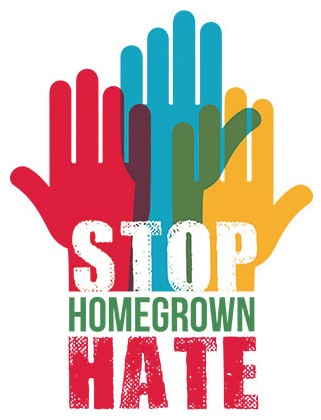To a nation already approaching something like a nervous breakdown from a confluence of race, violence and social media, here’s a nightmare from the darkest corner of the American attic: a Texas sniper, a twisted hatred, a slaughter of innocents.
Yet there’s at least one big difference between Micah Xavier Johnson, accused of killing five cops Thursday night in Dallas, and Charles Whitman, who in 1966 opened fire from a tower at the University of Texas at Austin, and Lee Harvey Oswald, who three years earlier assassinated President Kennedy.
The motives of Whitman and Oswald remain murky to this day. But who can watch the cellphone video of a black Minnesota man shot by a white policeman at a traffic stop, or of another black man shot in Louisiana after being pinned to the pavement by two white officers, and not understand the urge to retaliate? Especially following death after death of black men at the hands of white officers who are almost always exonerated?
Before he was blown up by a robot bomb, the gunman made this explicit, according to Dallas Police Chief David Brown: “He said he was upset with black lives matter’’ and “the recent police shootings,’’ and “wants to kill white people, especially white officers.’’
For those of a certain age, it seems like a madness reminiscent of the ‘60s. Indeed, when Rep. G.K. Butterfield, chairman of the Congressional Black Caucus, warns of “a long hot summer’’ if something doesn’t change, he evokes memories of that decade’s urban race riots.
Gregory Thomas, head of the National Organization of Black Law Enforcement Executives, doesn’t have to go back that far. “When I woke up this morning,’’ he said on CNN, “it felt like 9/11.’’
“This has been a long week for our country,’’ said House Speaker Paul Ryan, in the week’s understatement.
So often, the motive in mass shootings is mixed or unclear. Why did Adam Lanzastrike at elementary school children in Newtown? How could Dylann Roof really think he’d start a race war by killing members of a Charleston Bible study? Was Omar Mateen, the Orlando gunman, motivated by anti-gay bias or radical Islam, or was he simply deranged? Or all three?
Gary Lavergne is author of 1997’s Sniper in the Tower, the authoritative account of how Whitman killed 16 people on Aug. 1, 50 years ago, in one of the first highly publicized mass shootings.
Whitman, a former Marine sniper, murdered his wife and mother before taking a small arsenal and supply kit to the 28-story tower. There he killed 14 more people, 11 of them at great distance on the campus below, and wounded more than 30 more.
Lavergne has had occasion to think quite a lot in recent years about why people like Whitman kill.
He has limited sympathy for motive or causation, whatever it is. “I always hear a lot about mental illness in these cases, but very seldom do I hear exactly what that means,’’ he says. “Was Charles Whitman depressed? Yes. … Did he know what he was doing? Yes.’’
In the end, he says, he sticks by his original conclusion: Whitman was “mean as hell,’’ a man with murderous urges who, for whatever reason, refused to resist them.
You can blame guns or mania or racism or ideology for the violence in Dallas and elsewhere over the past few years. But the fact remains Americans have become expert at wreaking on ourselves the havoc that the Islamic State and al-Qaeda wish for us.
After Dallas there’ll be a lot of talk about healing divisions, between blacks and whites, police and civilians. President Obama has cited Martin Luther King’s reminder at the end of the Selma to Montgomery civil rights march in 1965: “Even though the arc of the moral universe is long, it bends toward justice.”
Today, as the nation both mourns and seethes, to believe that takes something else close to the president’s heart: the audacity of hope.
Source: http://www.usatoday.com/story/news/nation/2016/07/08/dallas-shooting-minnesota-louisiana-violence/86859612/
